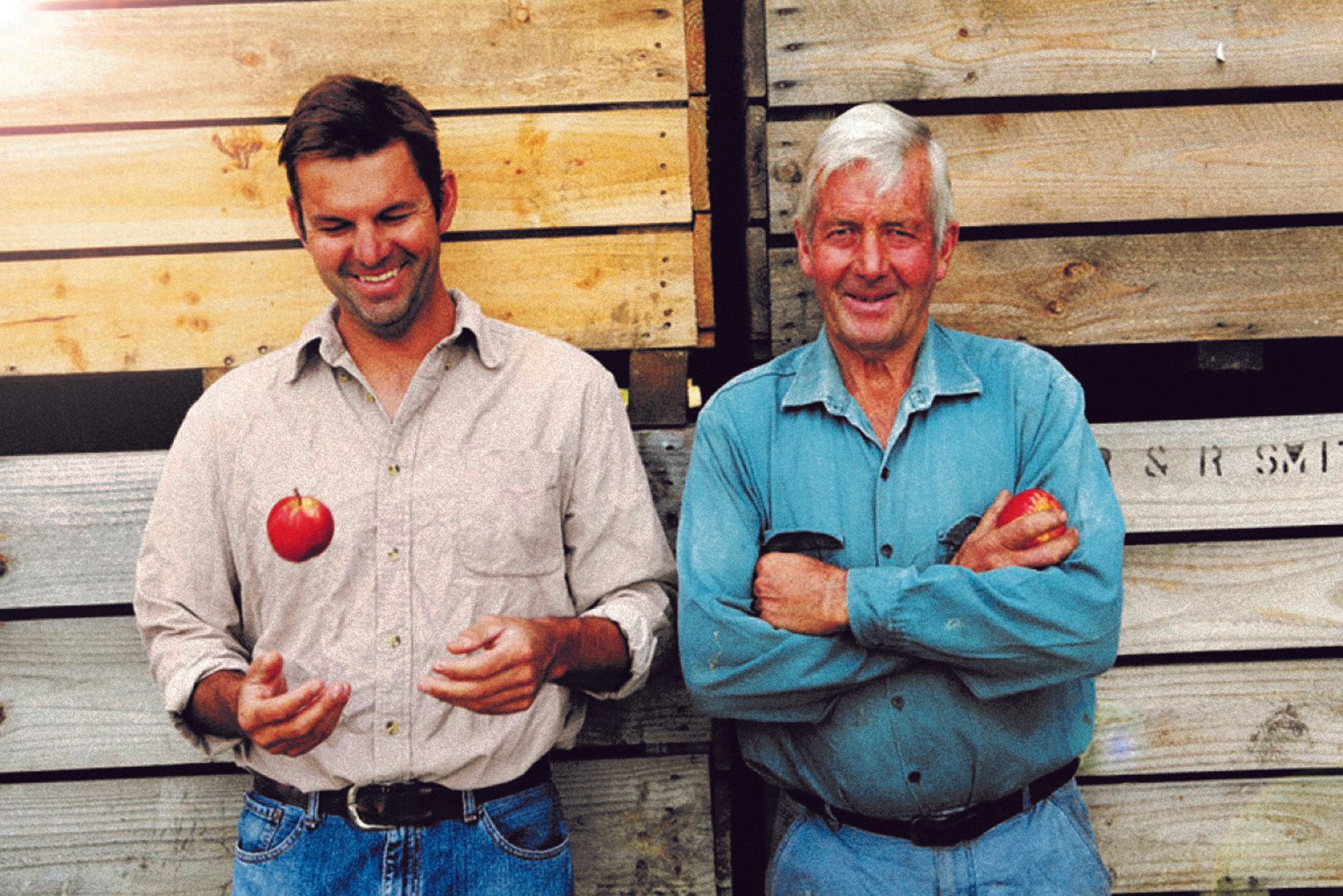1MG FlippingBooks
Woolworths drives the organic boom with $30mil fund
The organic food market in Australia has grown exponentially in the last few years, with year-on-year growth of around 20 per cent. As an early adopter of organic produce, Woolworths accounts for about 60 per cent of the entire organic market. And now the supermarket chain has launched the Woolworths Organic Growth Fund to help meet the growing consumer demand for organic produce.

Despite the growth of the organic market in Australia in recent years, there is still room for improvement – organic makes up less than one per cent of overall product sales in Australia. This is in comparison to more developed organic markets overseas, with organic food in the UK comprising eight per cent of total sales.
One of the reasons for the low organic market share in Australia is that there is not enough supply of organic produce to meet consumer demand. In order to help grow this supply, Woolworths recently launched the Woolworths Organic Growth Fund – a $30 million, five-year investment fund that will provide interest-free loans and grants to help organic Australian fruit and vegetable growers.
“The motivation for the Woolworths Organic Growth Fund is to position Woolworths at the forefront of the organic boom and help the industry to grow,” says Paul Turner, Woolworths Head of Produce. “It’s an industry that is very much in its infancy in Australia and a long way from meeting the level of customer demand.”
The interest-free loans from Woolworths can be used by existing organic operations to acquire land, develop new varieties or purchase new equipment, and are also available to help growers convert conventional farm operations to organic production. Financial grants will also be awarded to proposed projects with a higher risk profile, such as innovative organic production methods.
Through the fund, Woolworths is aiming to not only grow the organic market to 5 per cent of total product sales, but also provide more certainty for customers with year-round supply of organic produce. Farmers will also have contracted purchase volumes, providing them with the certainty of longer-term supply of organic fruit and vegetables to Woolworths.
“We know that without support, there are a lot of hurdles for someone to move into organics or convert from conventional into organic growing,” says Paul. “We think this investment will help people bridge that gap and make the journey to organic farming.”
The first recipient of the Woolworths Organic Growth Fund is Tasmanian apple grower R&R Smith. Located in the Huon Valley, the company is Australia’s largest grower of organic apples and has been supplying these apples to Woolworths supermarkets since 2006.
Investment from the Woolworths Organic Growth Fund has enabled R&R Smith to develop a new organic apple variety. To be developed and marketed in collaboration with Woolworths, the new variety – which will hit Australian shelves in 2023 – has several appetising properties for consumers.
“It’s crisp and firm, has a great flavour and is an attractive apple,” says Andrew Smith of R&R Smith. “But more importantly from an organic point of view, it’s a great storing apple – meaning we will be able to have great-tasting, crunchy, organic apples in summer!”
For Andrew, the involvement of Woolworths has made the development of the new variety a reality.
“To have a ready-made consumer for your product is a very powerful thing,” says Andrew. “The weight that Woolworths gives to the commercialisation and marketing of the new variety is integral, and nothing says ‘I love what you’re doing’ like funding.”
















